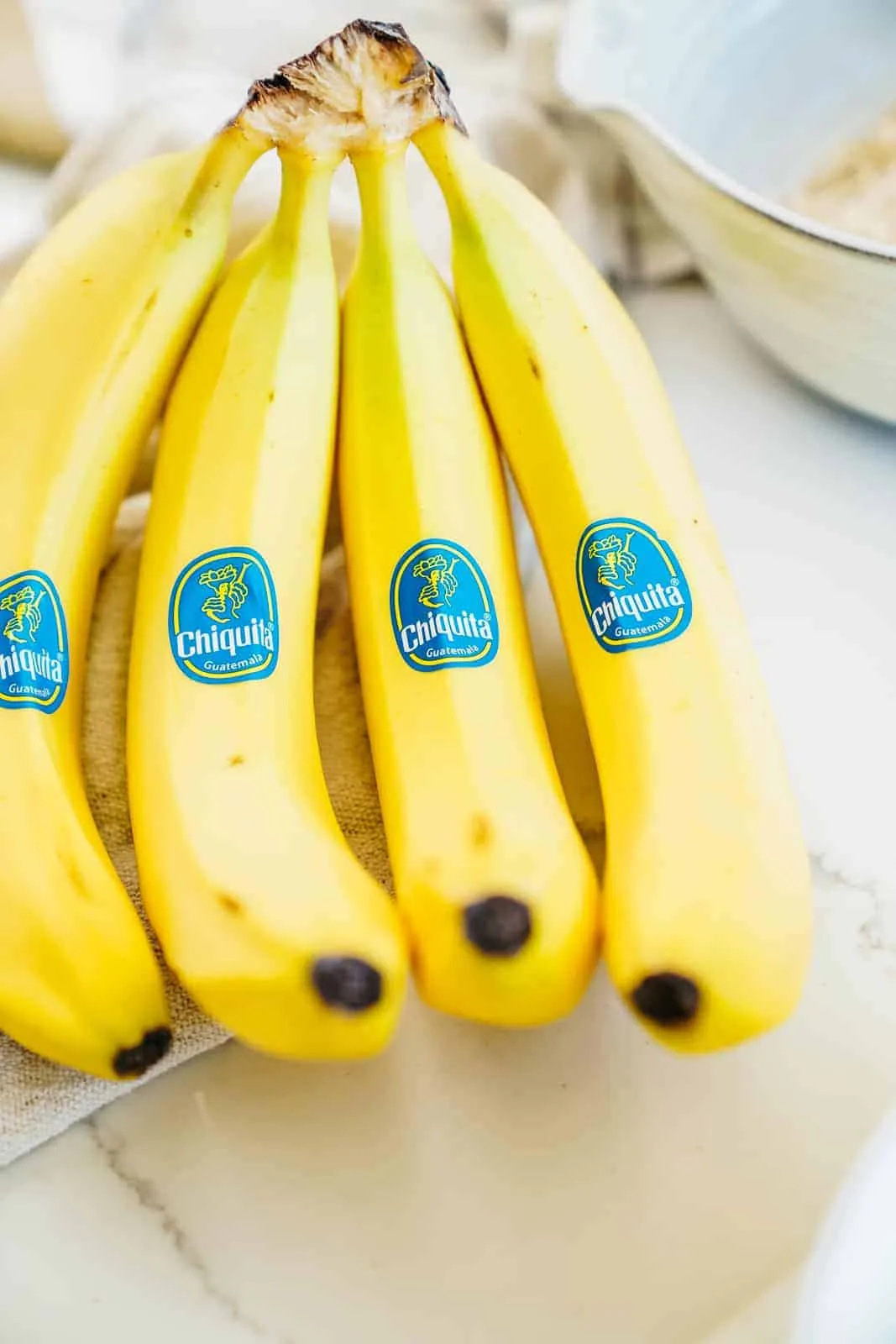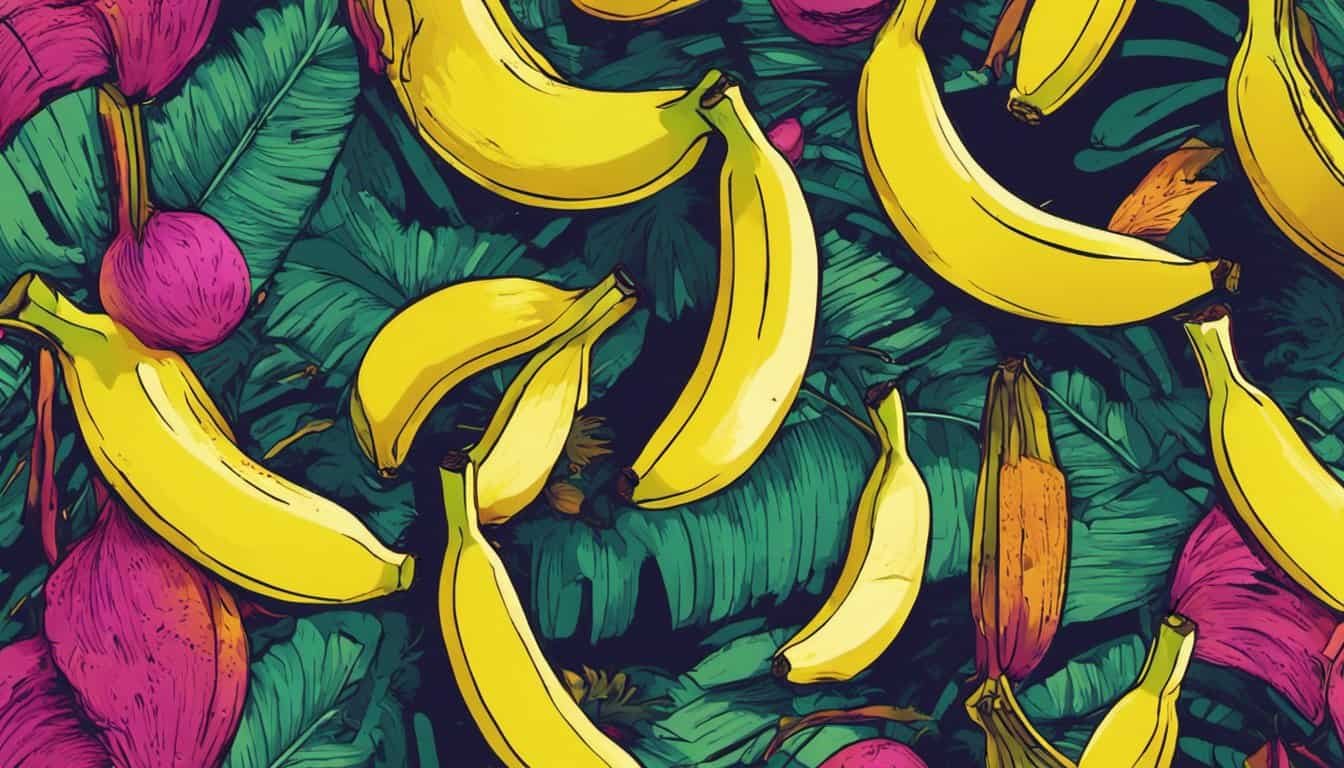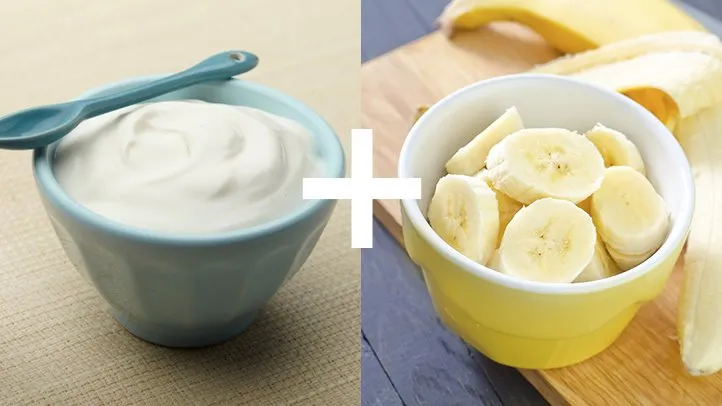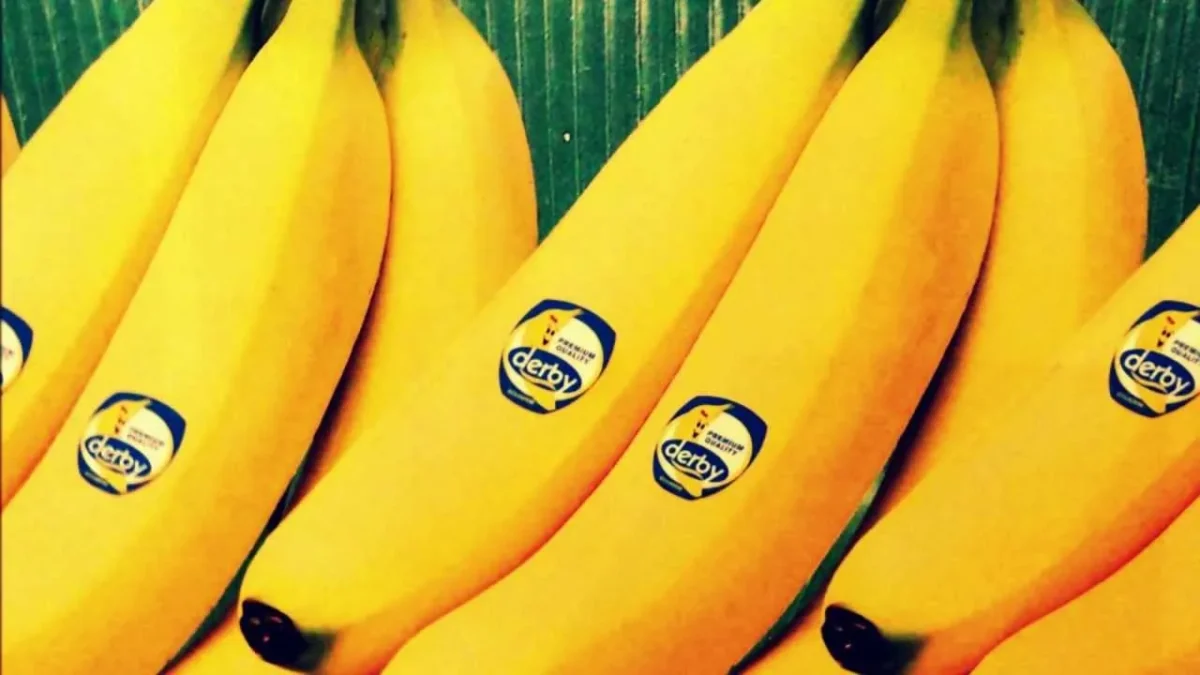Bananas are a popular fruit enjoyed by many people around the world, and for good reason. They are loaded with essential nutrients and loved for their delicious taste; but have you ever wondered if bananas are vegan? You may be surprised to learn that the vegan status of bananas isn’t straightforward, and there are several factors to consider.

In this article, we will explore the intricacies of what makes bananas vegan. We’ll delve into questions like: are all bananas vegan? What are the different types of bananas? The process of growing bananas and how it affects their vegan status. We will even discuss the health benefits of eating bananas as a vegan and some tips for incorporating them into your diet.
For anyone looking to learn more about bananas and their vegan status, this article is a must-read. So don’t hesitate, continue reading to learn everything you need to know!
What are the different types of bananas?

Bananas are a delicious and nutritious fruit that come in a variety of shapes, sizes, and colors. In fact, there are over 1,000 different types of bananas grown around the world.
One of the most common types of bananas is the Cavendish banana. It is known for its bright yellow color and sweet flavor. Another popular type is the plantain banana, which is often cooked as a starchy side dish.
However, there are many other lesser-known types of bananas that are worth exploring. For example, the red banana has a vibrant red skin and a creamy texture with hints of raspberry flavor. The baby or lady finger banana is small and delicate with a sweet taste that is perfect for snacking on-the-go.
In addition to these varieties, there are also hybrid bananas like the Goldfinger banana which has an apple-like texture and tangy flavor profile.
While all these different types may seem overwhelming at first glance, each one offers its own unique taste experience that can be enjoyed in various dishes or eaten on its own as a healthy snack.
So next time you’re at your local grocery store or farmers market browsing through the produce section make sure to give some lesser-known varieties like red or lady finger bananas a try!
Are all bananas vegan?
Many people may not realize it, but the question of whether bananas are truly vegan is a complicated one. While bananas themselves do not contain any animal-derived ingredients, the way they are grown and harvested can have implications for ethical consumption.
For starters, many banana plantations rely on harmful pesticides and herbicides that can harm local ecosystems and wildlife. Additionally, some banana companies have been accused of exploiting workers in developing countries by paying them low wages and subjecting them to poor working conditions.
Even if one were to seek out sustainably-grown bananas from ethically-minded companies, there is still the issue of transportation emissions. Bananas are often shipped long distances across international borders in order to reach consumers, contributing to greenhouse gas emissions that exacerbate climate change.
All this being said, there are certainly ways for vegans to enjoy bananas while still maintaining their ethical commitments. One option is to look for Fair Trade-certified bananas that guarantee fair treatment of workers and sustainable environmental practices. Another option is to seek out locally-grown or seasonal varieties that minimize transportation emissions.

Ultimately, the answer to whether all bananas are truly vegan depends on how one defines veganism as an ethical philosophy. For those who prioritize sustainability and social justice alongside animal welfare concerns, it may be necessary to take a more nuanced approach when considering what foods align with their values.
The process of growing bananas and its effect on their vegan status.
The process of growing bananas can have a significant impact on their vegan status. While bananas themselves are considered vegan, the methods used to grow and harvest them may not be.
Many banana plantations use pesticides and fertilizers that are derived from animal products, such as bone meal or fish emulsion. These practices not only harm animals but also contribute to environmental damage.
Additionally, some banana plantations rely on forced labor or exploitation of workers, which goes against the principles of ethical veganism.
To ensure that your bananas are truly vegan-friendly, it is important to look for those grown using sustainable and ethical practices. This might mean seeking out organic or fair-trade options.
By making informed choices about where our food comes from, we can support more responsible and compassionate agricultural practices while enjoying delicious fruits like bananas.

The health benefits of eating bananas as a vegan are numerous.
« The Ultimate Guide to Safely Cutting Bananas for Your Baby’s First Food
How to Make Delicious Banana Bread with Honey: Step-by-Step Recipe and Expert Tips »
As a vegan, it can be challenging to find healthy and nutritious foods that also align with your dietary restrictions. Luckily, bananas are a versatile and delicious fruit that offer numerous health benefits.
Firstly, bananas are an excellent source of potassium, which is essential for maintaining healthy blood pressure levels. This mineral helps regulate fluid balance in the body and supports proper muscle and nerve function.
Additionally, bananas contain high levels of fiber, which aids in digestion and promotes feelings of fullness. This can be particularly helpful for vegans who may struggle to consume enough protein or feel satiated after meals.
Furthermore, bananas are rich in antioxidants such as vitamin C and manganese. These compounds help protect the body from cellular damage caused by free radicals and promote overall health.
Lastly, bananas have been shown to improve mood and reduce stress levels due to their high content of tryptophan. This amino acid is converted into serotonin in the brain which regulates mood, appetite, sleep patterns etc., making it beneficial for those struggling with depression or anxiety.
Overall, incorporating more bananas into your vegan diet can have numerous health benefits ranging from improved digestion to reduced stress levels. So next time you’re looking for a healthy snack or addition to your smoothie bowl – grab a banana!
Tips for Incorporating Bananas into a Vegan Diet
Bananas are a versatile and delicious fruit that can be easily incorporated into a vegan diet. Here are some tips for getting the most out of this nutritious fruit.
Firstly, consider using bananas in smoothies or as a natural sweetener in baked goods. They add a creamy texture and natural sweetness without the need for added sugars or dairy products.
Another great way to enjoy bananas is to use them as a base for vegan ice cream. Simply freeze sliced bananas and blend them until they form a creamy consistency. Add in other fruits or flavors to create your own unique vegan ice cream recipe.

In addition, bananas can also be used as a replacement for eggs in baking recipes. Mashed ripe bananas act as an excellent binding agent that can help hold ingredients together without the use of animal products.
Lastly, don’t forget about the nutritional benefits of bananas! They are rich in potassium, vitamin C, and fiber which makes them an excellent choice for maintaining good health.
Overall, incorporating bananas into your vegan diet is easy and delicious! With these tips, you can enjoy all the benefits this fruit has to offer while still sticking to your plant-based lifestyle.
Check out our other articles to find out even more about banana.
Bananas are a delicious fruit that have many health benefits, and the good news is that all types of bananas can be part of a vegan diet. As we’ve seen in this article, there are various ways to incorporate them into your nutrition plan while still adhering to vegan principles. Whether you’re newly transitioning or a long-time veteran on the path toward plant-based sustenance, eating bananas as part of an overall balanced diet will surely bring about positive changes for both your body and mind. Check out our other articles to find out even more about banana!










